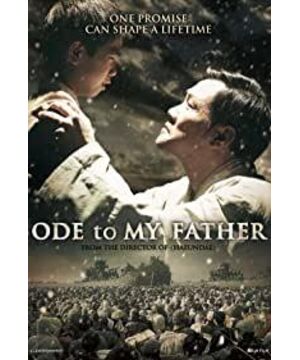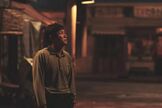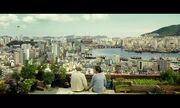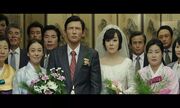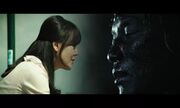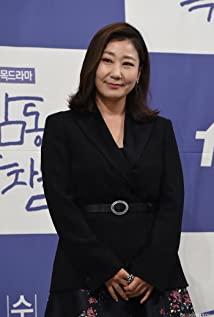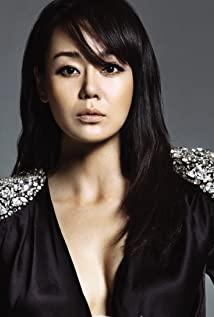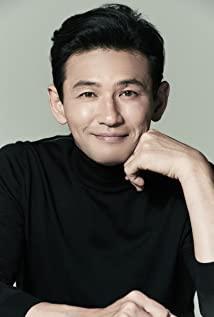"Finally I gave the wind freedom
If one day, then go back to your hometown
please send my story
tell the birds"
Yesterday I saw this little poem in Zhu once, and I found that it was very suitable to move it here at this time.
Rather than saying that this is the Korean version of Forrest Gump, I feel that this is a story of a homeless person. It is a story of people whose motherland has been ravaged by war and has been displaced. The story of casting dreams, many of them may have no dreams at all, and only survive. This kind of sad and helpless temperament is perpetuated from beginning to end, which is fundamentally different from Forrest Gump's "writer and witness" of the American dream. This is completely Not a product of values.
One is a monument to show everyone how strong you are; the other is a memoir-like tombstone, don't forget those sad histories.
It's a Korean movie.
A man who dreamed of being an ocean captain, a man who was educated to take on the responsibility from a young age, a man who lost his sister and father very early, worked odd jobs on the street, and was sent to Germany early to dig coal, After returning to China, he finally got the admission letter that was late for many years, but because he wanted to support his family, he went to the front line again. When he came back, he looked for his long-lost father and sister. He has been on the road of rebuilding his family all his life. for myself. These were owned by him before he was ten years old, but he had to spend his whole life to find them. What kind of glorious story is this? This is the helplessness of a person, and this is the back of a country.
He was never free in the end.
When the whole family was happy together, he was alone in the room crying. He was really too tired for the happiness of the day, he was really too tired.
"Dad, you did everything you told me to do, but why do I feel so tired?"
View more about Ode to My Father reviews


